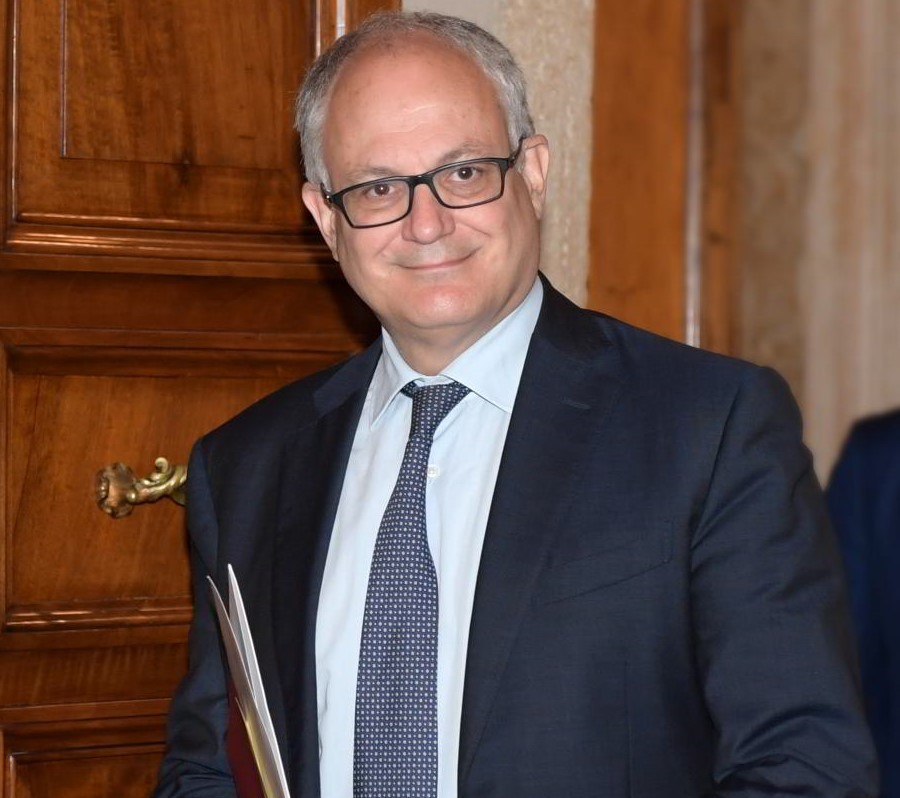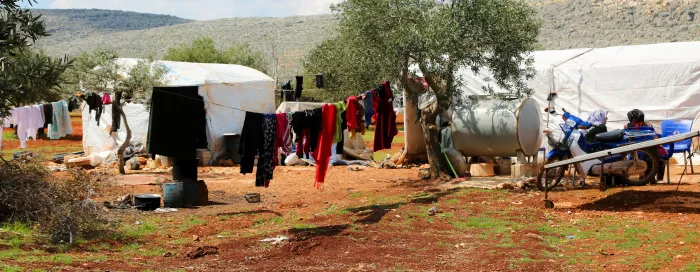Rome, the Eternal City, has seen many changes over the centuries, but recent achievements led by Roberto Gualtieri, the progressive mayor of Roma Capitale and a member of the European Committee of the Regions, stand out. In a landmark initiative, the city has taken a bold step towards a more inclusive and compassionate Europe by successfully closing the Roma camp in Via Cesare Lombroso, an area long associated with neglect and marginalisation. What makes this initiative truly historic is not just the closure of the camp, but how it was carried out—through a peaceful and cooperative process that respected the dignity of all involved.
In the past, efforts to close such camps often led to conflict, involving police intervention and providing little support for displaced residents, perpetuating cycles of exclusion. Gualtieri's administration has broken this cycle.

“For Rome, 16 September was an important day, because for the first time in the history of the Capitoline administration, the eviction of a Roma camp took place without an ordinance and without the use of public force. We have reached closure through a path shared with Roma families, with the Third Sector and with all the institutions of Rome Capital. We have introduced a virtuous model that we now want to replicate for other settlements as well”, stated Gualtieri.
This approach highlights the power of dialogue and partnership. The 145 people who lived in the camp, including 58 children, were moved to better living conditions, either in facilities provided by the city or by the civil society. Six individuals chose to find housing independently, with support from local institutions. This effort was not just about relocation but about ensuring dignified and lasting solutions for these families.
Una giornata storica: voltiamo pagina e superiamo una volta per tutte il sistema vergognoso e fallimentare dei campi Rom.
Attraverso un percorso condiviso con le famiglie Rom, il Terzo Settore e tutte le Istituzioni di Roma Capitale, rispettando il cronoprogramma, chiudiamo… pic.twitter.com/OPDs3QLdQB— Roberto Gualtieri (@gualtierieurope) September 16, 2024
Gualtieri emphasised that, "Particular attention was paid to the 58 children living in the camp who are now enrolled and attending schools near their new homes.”
However, the transformation doesn't stop there. The physical space once occupied by the camp, a symbol of abandonment and societal failure, will now be revitalised as a green space for the community.
His initiative sets an example for other cities across Europe, showing that with political will, empathy, and cooperation, it’s possible to address the needs of marginalised communities like the Roma in a way that promotes social inclusion.
“In Rome, therefore, we turn the page, after approving the decision of the Executive Committee of 8 July 2023 on the ‘Citizen action plan to overcome the 2023-2026 Campi system’, which transposes the national strategy of ‘Equality, Inclusion and Participation of Roma and Sinti 2021-2030’, wanted by the Council of the European Union of 12 March 2021”, added the Mayor.
Roberto Gualtieri’s leadership reflects a vision for a more inclusive and social Europe—one that supports its most vulnerable citizens. This achievement is more than just the closure of a camp; it is a step towards a society that values each person’s potential and fosters integration. By overcoming the legacy of the Roma camps, the city of Rome is setting a new standard for progressive governance.
